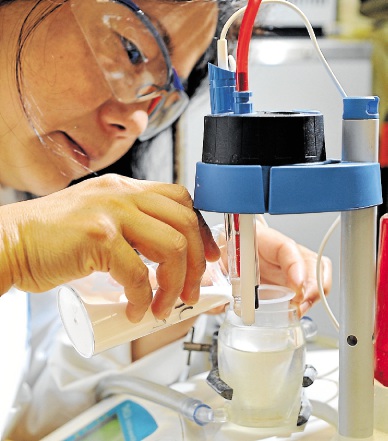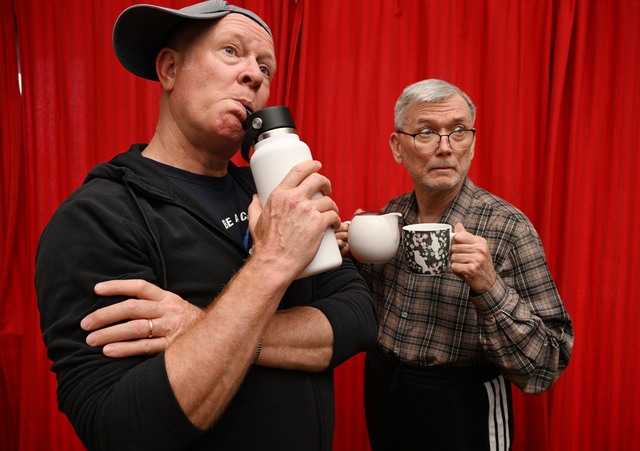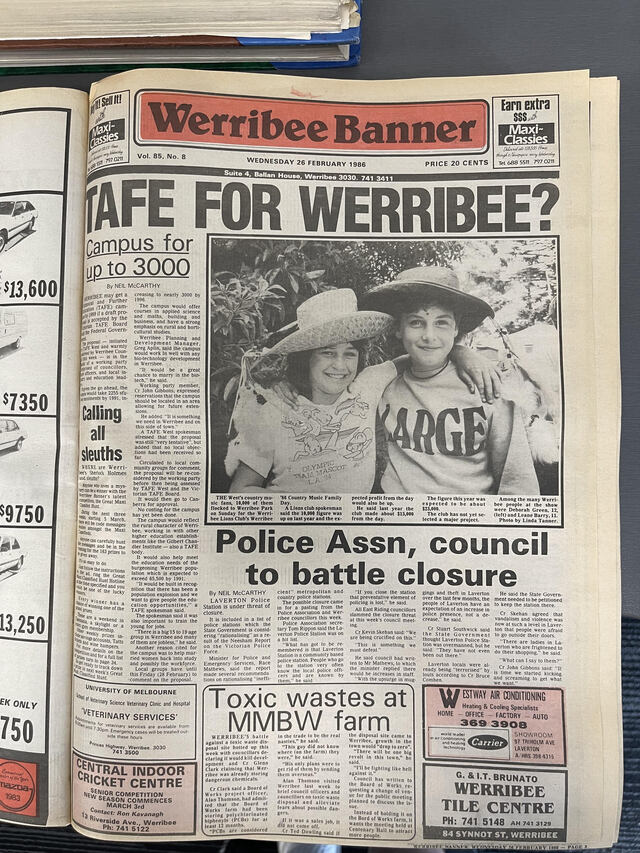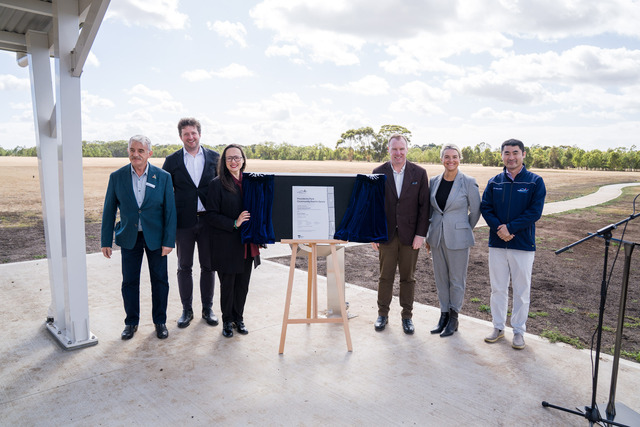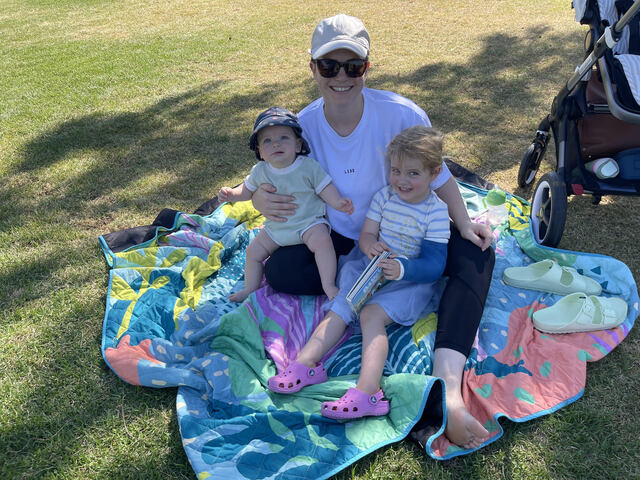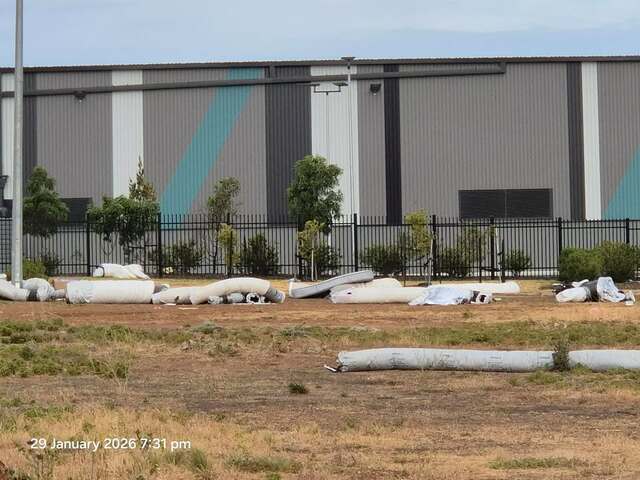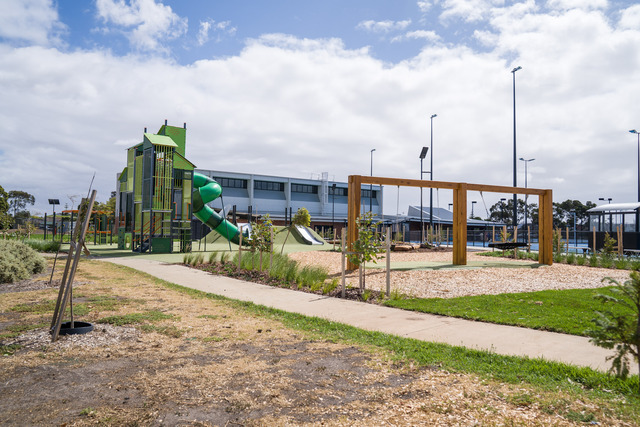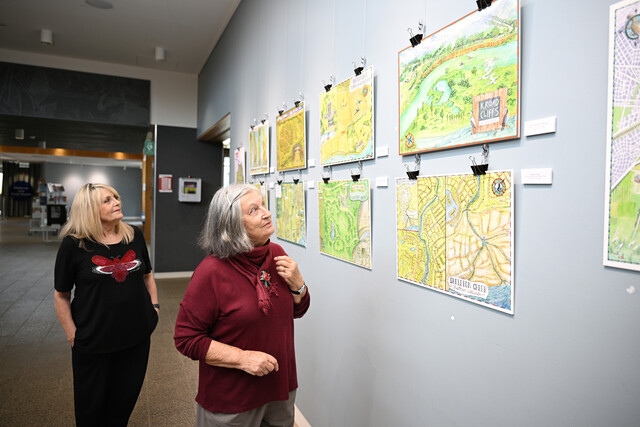YOU could be forgiven for driving past the CSIRO’s Werribee research centre and not realising it’s responsible for making your food healthier.
From the outside, the Sneydes Road animal, food and health sciences centre looks like any other workplace.
But inside, scientists and engineers are finding ways to make what we eat healthier and the production and treatment of food more sustainable.
The $40 million processing centre features the only high-pressure processing unit of its kind in the southern hemisphere.
The cutting-edge technology is used by the CSIRO to sterilise food and make it shelf-ready.
The plant uses extremely high pressures of up to 6000 bar – the equivalent of being 60 kilometres under water – to kill off bacteria and other organisms, allowing foods like sauces and avocado paste to have extended shelf lives. Factory manager Rod Smith says the technology allows companies to sell products that have long expiration dates but still taste fresh.
Before the high-pressure plant was created, long-life foods had to be heated to ensure they were shelf-ready.
“Conventional food processing has always been about heating foods to make them sterile and shelf ready. But the problem with heating is you get cooked flavour. The new technology is about not heating to preserve flavours and freshness,” Mr Smith says.
The CSIRO plant developed the world’s first single-variety apple juice for a Derrimut-based company. The juice is bottled by variety, with products including Granny Smith and pink lady flavours, and is free of preservatives.
Mr Smith says the plant had allowed engineers to create an apple juice that tastes different to anything else on the market. “If you buy apple juice that has been heat-treated it tastes like a cooked apple and the colour is darker because the fruit has been cooked.
“Because we are not putting heat into the product you are retaining natural flavours.”
Mr Smith has worked at the CSIRO for 12 years, having previously worked in food production in the fats and oils industry.
The Wyndham Vale resident says the chance to be involved in research and development was what attracted him to the CSIRO.
“One of the research programs we are looking at is making expanded snacks and cereals that are healthier by reducing salt and fat.
“I think that is a real test. If you can reduce these things down but keep the sensory delivery the same, people will still enjoy them.”

